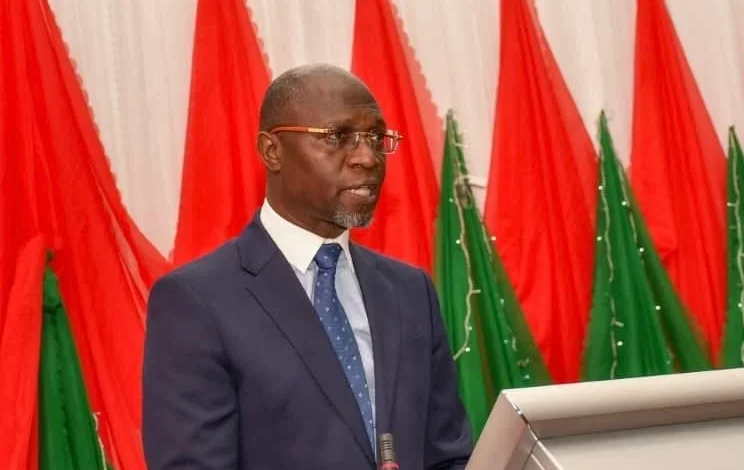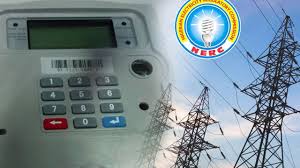
Nigeria has issued six sovereign sukuk bonds, totaling N1.1 trillion ($657.6 million), aimed at financing 124 road projects that span over 5,820 kilometers across the country’s six geopolitical zones.
This initiative highlights the growing role of the Islamic Capital Market (ICM) in Nigeria, with strong investor interest in sukuk issuances since 2017. The Director-General of the Securities and Exchange Commission (SEC), Emomotimi Agama, discussed these developments during the 2nd International Islamic Capital Market (ICM) Conference in Pakistan.
Agama emphasized that sukuk bonds have been a major driver of Nigeria’s ICM growth, with subscription rates reaching as high as 441%. He noted that the sukuk market has expanded to include both sub-national and corporate issuances, contributing to financing for infrastructure projects such as schools, housing, and banking capital. The SEC has also supported a broader range of investment options within the ICM, including Halal mutual funds, Islamic Real Estate Investment Trusts (REITs), and Sharia-compliant equities.
The growth of Nigeria’s Islamic finance sector is driven by both global trends and domestic factors, such as the country’s large Muslim population and government-backed initiatives. Agama also highlighted the role of financial technology innovations, including the launch of Nigeria’s first Robo advisory firm for Shari’ah-compliant investments.
The SEC’s efforts to promote the ICM sector include a strategic master plan, which aims for the sector to contribute 25% of Nigeria’s total market capitalization by 2025, with sukuk accounting for 15%. Key achievements of this plan include increased awareness, retail participation in sukuk, and collaborations that address issues like double taxation on Non-Interest transactions.
However, challenges remain, including the need for greater public awareness, more tradable instruments, and improved regulatory coordination. The SEC is addressing these issues through capacity-building and stakeholder collaboration. Agama stressed that Islamic finance has the potential to address critical economic challenges in Nigeria, such as infrastructure deficits, financial exclusion, and ethical investment opportunities. He encouraged foreign investors to align with Nigeria’s market trends to support sustainable economic growth.





